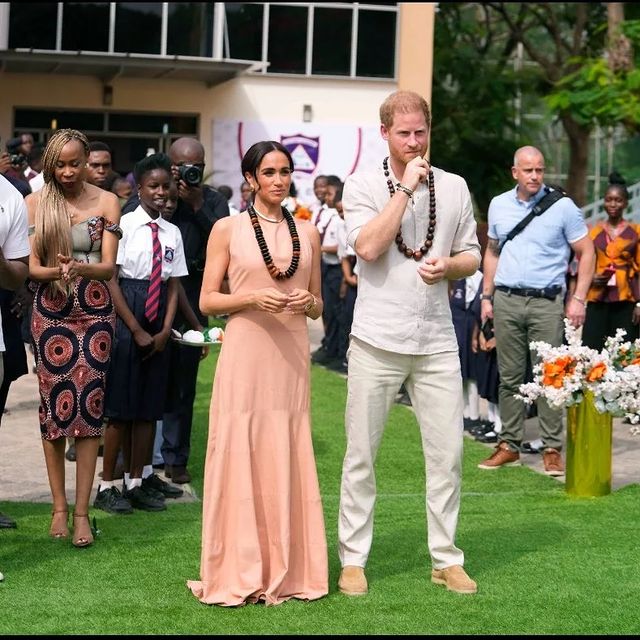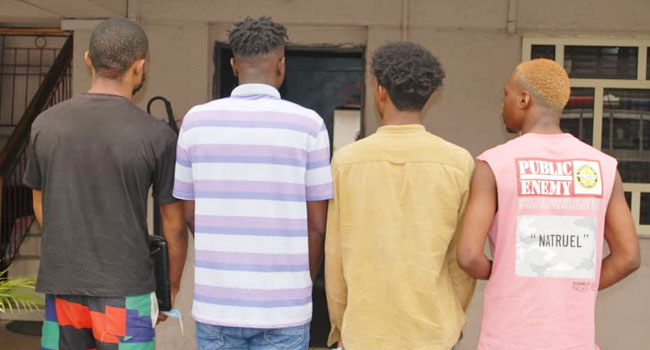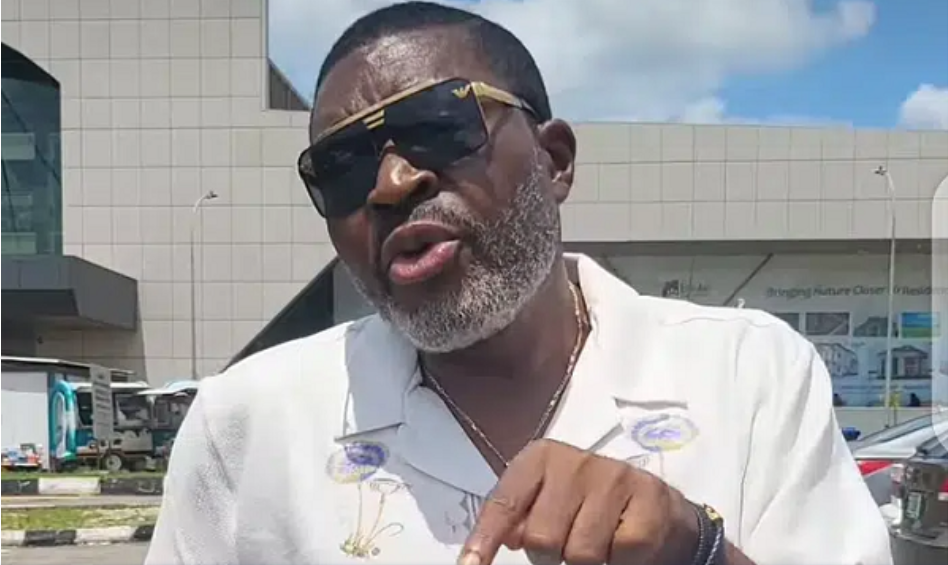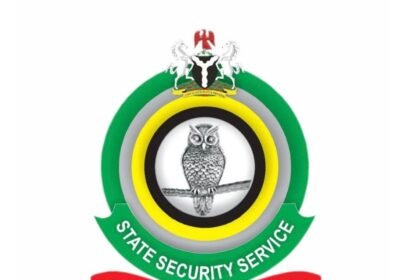Prince Harry and his wife, Meghan, arrived in Nigeria on Friday to promote the Invictus Games, an initiative he founded to support the rehabilitation of wounded and sick service members and veterans, including Nigerian soldiers engaged in a 14-year conflict against Islamic extremists.
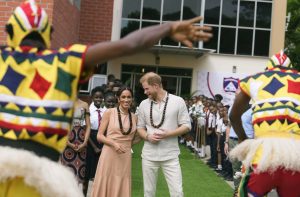
According to Associated Press on Friday, the couple, visiting West Africa for the first time at the invitation of the Nigerian military, arrived in the capital city of Abuja early in the morning, according to defence spokesman Brigadier General Tukur Gusau. During their visit, they will meet with wounded soldiers and their families, aiming to boost morale and wellbeing. Nigerian officials have hailed this engagement as a significant opportunity for the recovery of Nigerian soldiers.
“This engagement with Invictus is giving us the opportunity for the recovery of our soldiers,” Abidemi Marquis, the Director of Sports at Nigeria’s DefenCe Headquarters, told reporters on Thursday. Prince Harry, who served in Afghanistan as an Apache helicopter copilot gunner, founded the Invictus Games in 2014 to provide wounded veterans and service members with the challenge of competing in sports events similar to the Paralympics. Nigeria participated in last year’s edition of the games.
During their stay, the couple will attend basketball and volleyball matches and meet with local non-governmental organizations in Abuja and Lagos that receive their support. Meghan will also co-host an event on women in leadership with Ngozi Okonjo-Iweala, Director General of the World Trade Organization, according to their spokesman Charlie Gipson. The news of Meghan’s visit has generated excitement among Nigerians who closely follow her life and association with the British royal family.
The Nigerian military has emphasized the significance of the Invictus Games in aiding the recovery of thousands of personnel who have been fighting Boko Haram Islamic extremists and their factions since 2009. According to the military’s sports director, Abidemi Marquis, “Eighty percent of our soldiers that have been involved in this recovery programme are getting better (and) their outlook on life is positive. “The recovery programme has given them an opportunity to improve their personal self-esteem, to improve their mental health and emotional intelligence.” —


